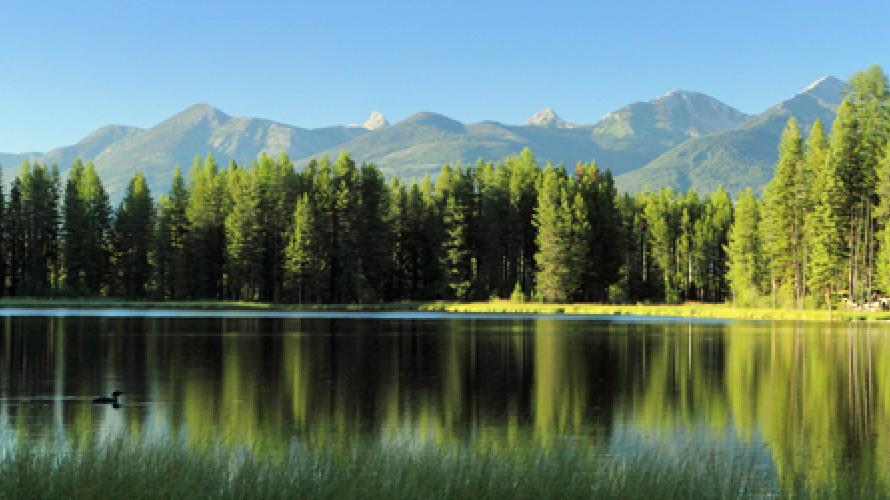

*********
“...We must understand that we are all in this together . . . we humans are a profoundly interconnected species -- entwined with one another and with all forms of life . . . “.
-- Parker Palmer, Healing the Heart of Democracy
Imagine you had the best mentor in the world. What if that mentor isn’t a person but is the life all around and within you?
At the October Montana Non-Profit Association Conference in Missoula, Certified Biomicry Specialist Toby Lynn Herzlich suggested looking to nature for guidance, invited those of us listening to study nature’s “best practices,” something that we here in Montana are ideally situated to do. On her website, Herzlich writes, “We are learning to live sustainably on planet earth – why not turn to the Earth, itself, and gather insight from the 3.8 billion years of evolutionary success?”
Most Western institutions are based on a Newtonian world view, seeking to understand the world by breaking it in to parts. The result? Fragmentation and brokenness. Biomimicry and the study of nature’s best practices invite a shift from a linear approach to one that’s cyclical and adaptable, one that moves us from isolation to an awareness of being part of an interconnected whole.
“Life already does what we are trying to do, creating conditions that are conducive to life.” Herzlich said, “An attitude of awe is the first step to becoming a student of nature.”
In that study are time-tested solutions for the complexity of challenges we face, challenges that are systemic, global. She said, “We are called to rethink our basics, to think less like a machine and more like an ecosystem,” to reshape society in ways that are healthy, regenerative & just. We need to be open to discovery of how we can organize ourselves differently, need to shift our attention from what we knew and look to the natural world as a mentor.
For instance, nature cooperates; builds community; saves water in times of drought; invests in the next generations; educates; and protects. It finds opportunities even when conditions are tough; its purposeful; collaborative; adaptive; resilient; constantly confronting new possibilities. It models shared leadership.
Nature is a feedback rich, criticism free zone. Herzlich said that we need to listen for messages in our system, try a lot of things, fail fast,integrate the unexpected, institutionalize what works and let go the rest, let go of what no longer works. We need to learn to work with nature, not exploit it or force it.
“Nature is not ‘out there,’” she said. “We are it, part of it.”
"Be part of a new story of living on earth, humbling ourselves to sit and listen and learn and be grateful for what is all around us.”
How might you make that invitation a part of your Thanksgiving celebration?
Resources to learn more:
http://www.asknature.org
http://biomimicry.net
http://www.bio-sis.net
--
